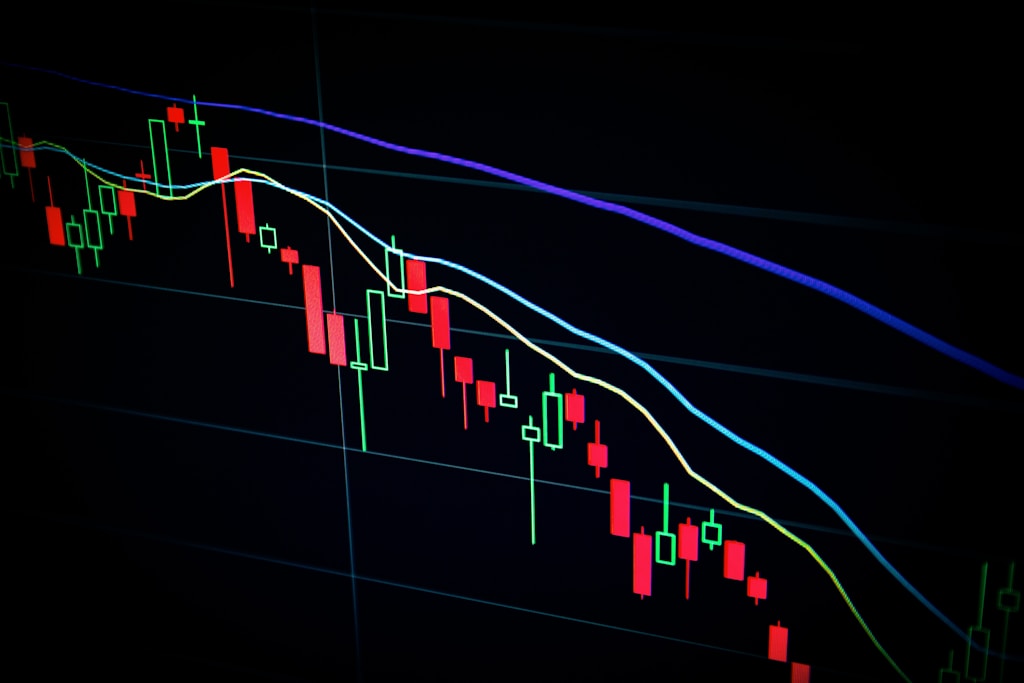Bitcoin and the broader cryptocurrency market rallied sharply on Wednesday after former President Donald Trump announced a 90-day pause on most international trade tariffs, excluding those on Chinese goods. This development marks a significant shift in global trade policy that could have lasting implications for crypto markets.
As recent analysis has shown, Bitcoin has emerged as a potential hedge against trade war uncertainty, with the latest market response reinforcing this narrative.
Market Impact and Price Action
The immediate market reaction has been notably positive:
- Bitcoin (BTC) jumped 3.5% to test the $78,000 level
- XRP saw an impressive 5.2% surge, continuing its recent momentum
- Traditional stock markets also responded favorably, with the S&P 500 gaining 2.1%
Trade War Implications for Crypto
While the tariff pause excludes China, which remains a crucial player in both global trade and crypto markets, analysts suggest this partial relief could still benefit the digital asset sector in several ways:
- Reduced global trade friction
- Improved market sentiment
- Increased institutional confidence
Expert Analysis
Market analysts suggest that while the China exclusion remains a concern, the broader tariff pause could help stabilize global markets and potentially drive further crypto adoption as a hedge against remaining trade uncertainties.
FAQ Section
How will the tariff pause affect Bitcoin’s price?
While direct correlation is difficult to establish, reduced global trade friction typically supports risk asset prices, including cryptocurrencies.
Why is China excluded from the tariff pause?
The exclusion reflects ongoing strategic tensions between the US and China, particularly regarding trade and technology competition.
What does this mean for crypto traders?
Traders should monitor both direct market impacts and secondary effects through global trade flows and institutional participation.
As markets digest this significant policy shift, continued volatility is expected in both traditional and crypto markets. Traders and investors should maintain vigilant risk management while watching for further policy developments.




